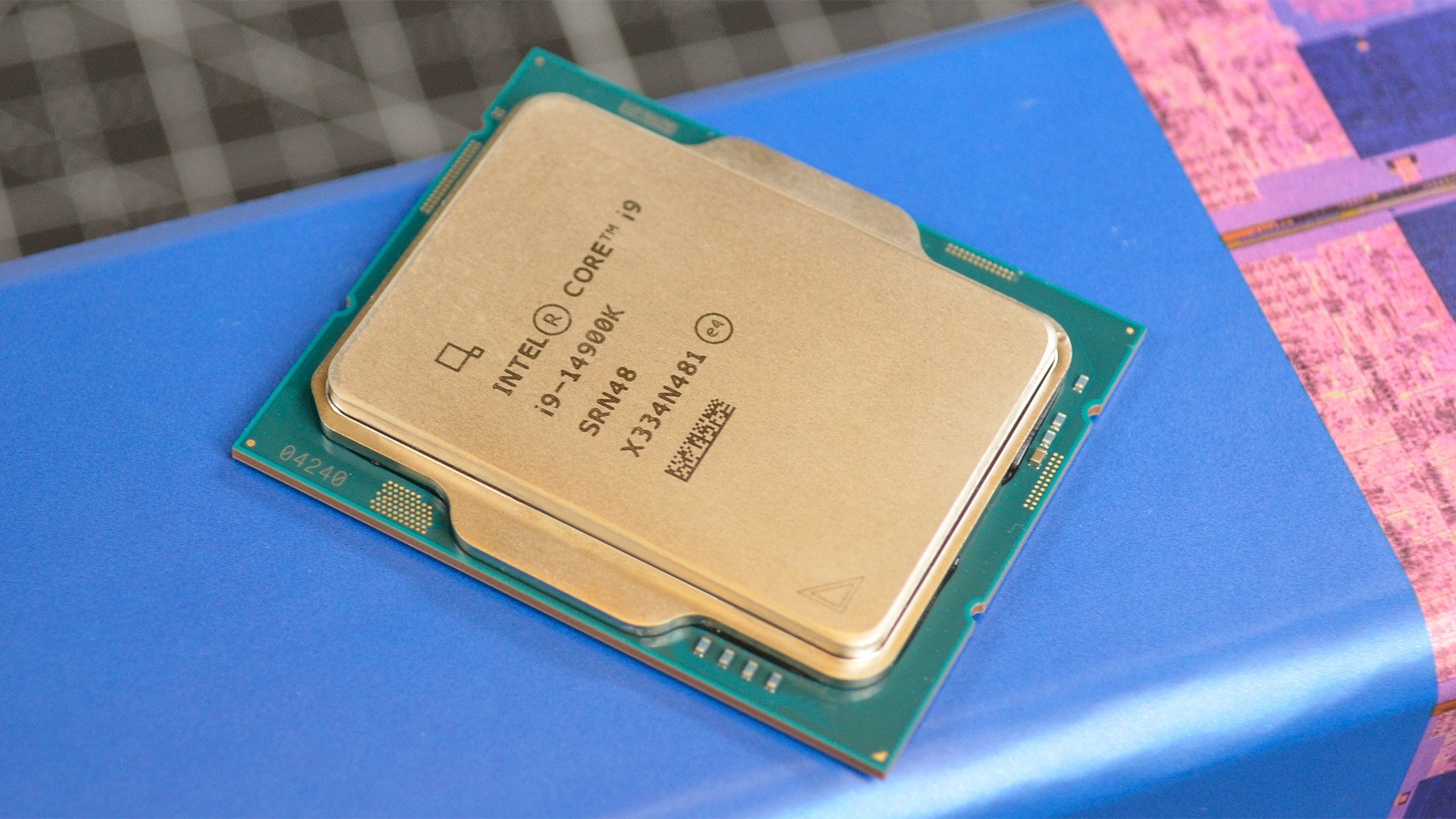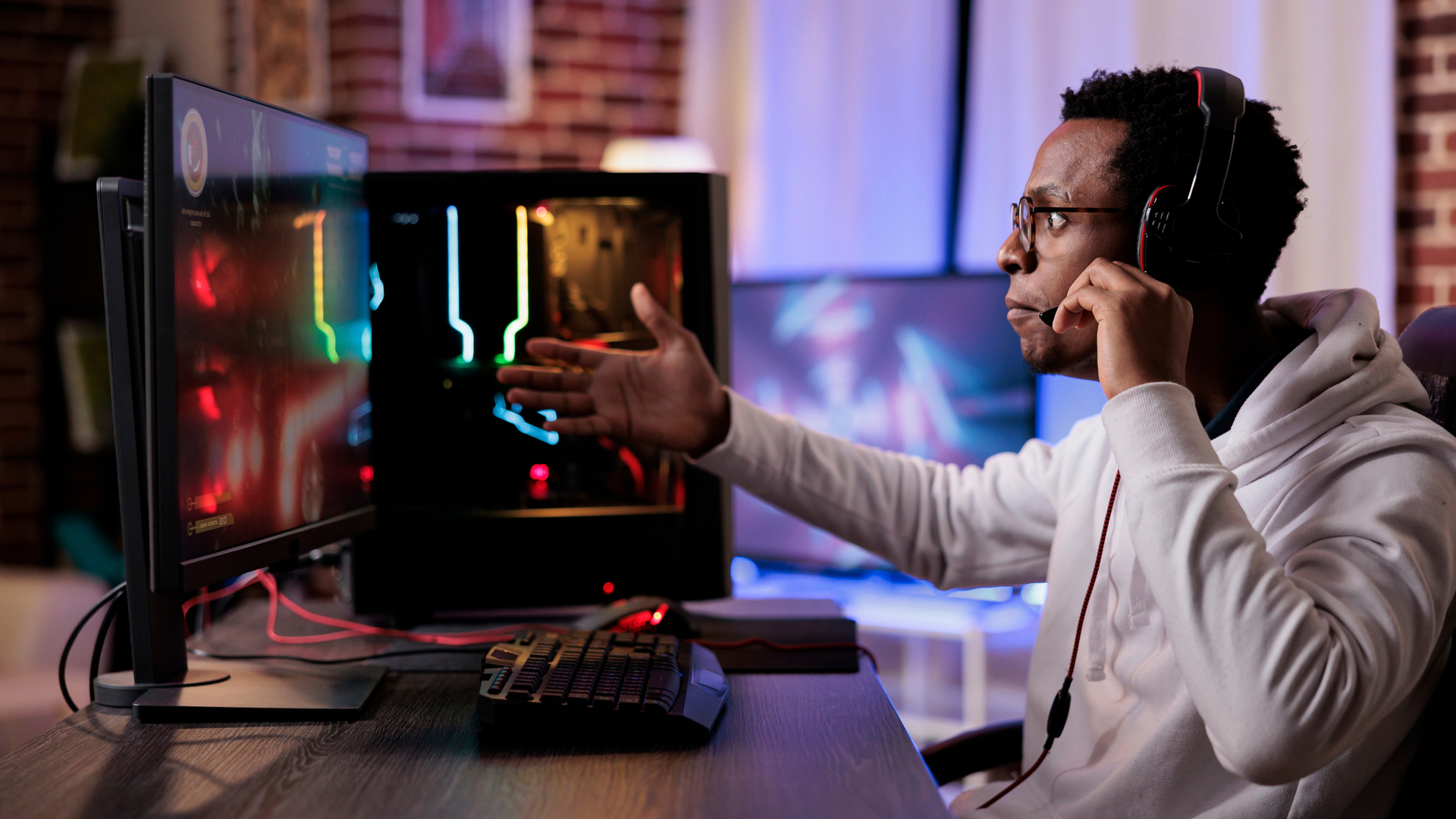Is your Intel Core i9 CPU crashing when playing games? You’re not alone – and Intel’s investigating worrying reports of instability
There are reports of some high-end 13th and 14th-gen CPUs eventually failing to boot Windows

Sign up for breaking news, reviews, opinion, top tech deals, and more.
You are now subscribed
Your newsletter sign-up was successful
Intel is now investigating reports into its high-end 13th-gen and 14th-gen processors experiencing problems in terms of crashing when gaming, according to a new report.
This comes from Wccftech, with the article writer noting that they have run into stability issues with a Core i9-13900K CPU in a new gaming PC built back when the RTX 4090 first came out.
Over the past couple of months, there have been widespread reports of such wonkiness, general instability, and crashing from PC gamers who own Core i9 chips from the current or last generation (Raptor Lake and Raptor Lake Refresh). That includes Epic Games observing that there could be a ‘hardware problem’ with 13900K and 14900K CPUs that leads to more crashing, particularly in games using the Unreal Engine.
As Wccftech notes, one of the commonly reported problems with these processors is an odd ‘Out of video memory’ error which despite what it claims isn’t an issue with video RAM, but the CPU.
And now, Wccftech highlights the fact that gamers in South Korea are returning PCs or exchanging affected Intel chips with AMD Ryzen processors. We’re told that at least 10 such returns are happening on a daily basis in the country, with 13th-gen or 14th-gen CPUs (or PCs with these chips inside), which is a rather startling figure.
Apparently, a lot more of these ‘video memory’ errors are being encountered now, thanks to a demo of Tekken 8 released via Steam which is proving particularly crash-prone.
The news that all this has reached the attention of Team Blue, and Intel is now investigating these stability issues, comes courtesy of ZDNet Korea.
Sign up for breaking news, reviews, opinion, top tech deals, and more.

Analysis: A thorny problem indeed
Whatever is going on here, let’s hope Intel expands this into a wider inquiry (globally – because reports of affected silicon certainly extend to a worldwide stage), and we get to hear more on this issue soon enough. There are enough reports and complaints in consumer reviews that this has to be a concern, even if these are nothing but claims at this stage – and we won’t know for sure what’s going on until a full and complete investigation is carried out.
There are a lot of factors to consider and that’s what makes this particularly thorny. Are some 13900K or 14900K processors actually faulty? Well, that’s possible – with any product, there can be manufacturing defects, and items that fall short – but this is seemingly happening more than could be reasonably expected with these CPUs.
However, there could be a lot of other problems on the hardware or software fronts causing stability issues, too.
Motherboard settings could be at play here, for example, and there is some advice to mitigate the reported crashing in games that includes undervolting your CPU (as Wccftech suggests – in other words, dropping clock speeds). Or adjusting the motherboard’s default power limits, or indeed current limits (as per this Reddit thread).
Others suggest that pushing these high-end CPUs, which are already driven hard power-wise to get their default clock speeds, in combination with poor cooling – like a stock cooler – and perhaps wonky motherboard settings on top, might be where the blame lies. A combination of factors, in other words.
When it comes to resolving any stability problems, the issue is if you’re not very confident with adjusting motherboard settings in the BIOS, then this kind of troubleshooting is going to be a very intimidating process.
Meantime, there are suggestions from various reports that degradation is occurring with some of these 13900K and 14900K chips, to the point where the CPU eventually gets so flaky Windows won’t even boot.
The long and short of it is we need to hear from Intel, and some firmer details as to where the problem – or problems – might lie with this reported misbehaving of current and last-gen silicon.
You might also like
Darren is a freelancer writing news and features for TechRadar (and occasionally T3) across a broad range of computing topics including CPUs, GPUs, various other hardware, VPNs, antivirus and more. He has written about tech for the best part of three decades, and writes books in his spare time (his debut novel - 'I Know What You Did Last Supper' - was published by Hachette UK in 2013).